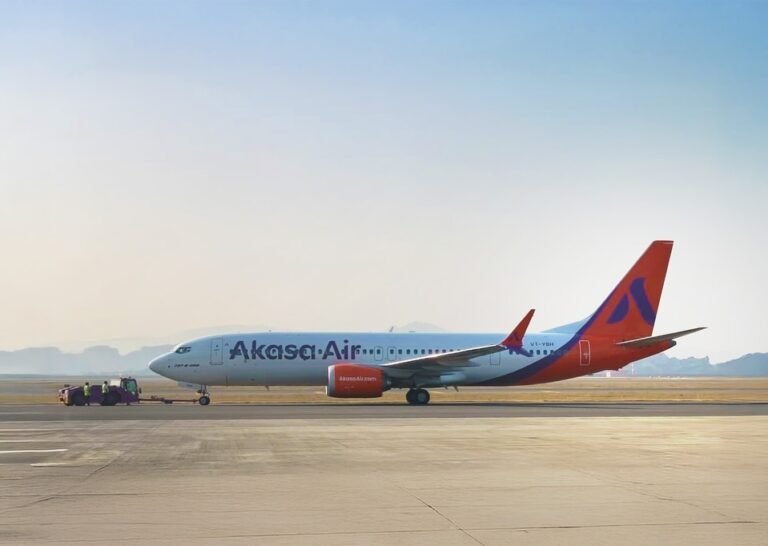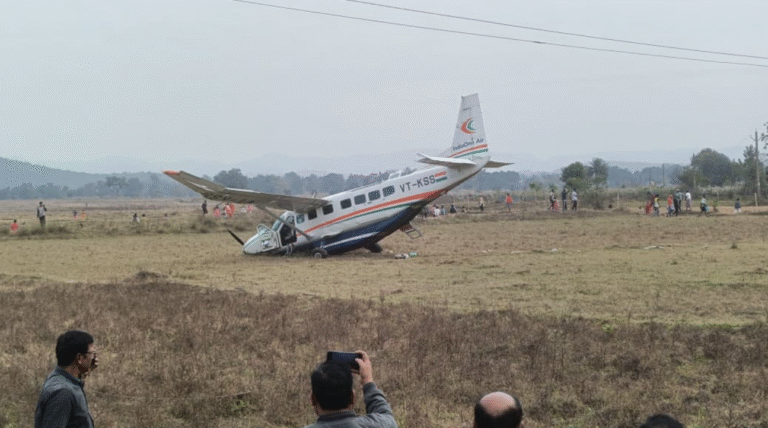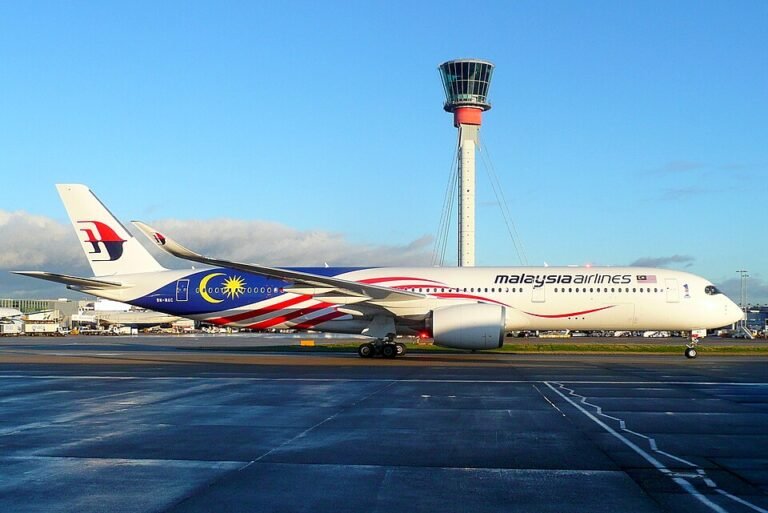
New Delhi, India: Flight operations across several Indian carriers were disrupted on Tuesday after volcanic ash from Ethiopia’s Hayli Gubbi eruption drifted toward major West Asia and India-bound air corridors. Airlines including Air India, Akasa Air and IndiGo cancelled or rerouted multiple flights as the Directorate General of Civil Aviation (DGCA) issued an urgent advisory enforcing strict avoidance of ash-affected airspace.
The DGCA directed airlines to steer clear of regions and flight levels identified as contaminated by volcanic ash. The regulator also instructed carriers to reassess flight plans, fuel requirements and alternates, and to file immediate reports of any suspected ash encounters.
The advisory highlighted the risk to aircraft engines and airframes, and asked operators to conduct additional inspections for any aircraft that may have flown near the affected zones. Airports were simultaneously ordered to check runways, aprons and taxiways for possible ash contamination and initiate cleaning procedures if required.
Air India cancelled 11 flights over the past 24 hours, stating that precautionary checks were needed on aircraft that might have traversed areas close to the ash plume. The airline said it was monitoring volcanic-ash advisories in coordination with international aviation agencies and had not observed any major operational impact beyond temporary cancellations.
Akasa Air suspended several India–Gulf flights, including services to Jeddah, Kuwait and Abu Dhabi, citing the need to avoid ash-affected airspace over the Arabian Peninsula. The airline offered full refunds and complimentary rebooking for passengers scheduled to travel on 24 and 25 November.
IndiGo reported multiple cancellations as well, noting that its operations team was adjusting routes in real time based on ash-movement maps issued by global meteorological centres. At least six flights including services from Mumbai and southern metros were grounded as a precaution.
Volcanic ash can severely damage aircraft by melting inside engines, clogging ventilation systems and affecting sensors. Following ICAO protocols, Indian carriers have shifted flight paths and temporarily halted services operating along westbound routes that intersect the plume’s trajectory.
Although the ash cloud was observed at high altitudes reducing the likelihood of direct impact on surface visibility, aviation authorities stressed that even small concentrations can be hazardous for high-altitude jet operations.
Meteorological agencies indicated that the ash plume continued its eastward movement toward China after passing over northern India. Airlines said normal operations would resume once updated advisories confirm the clearing of affected corridors.
Indian regulators and carriers remain on heightened watch, treating the event as a significant international air-safety incident requiring continuous monitoring.




















